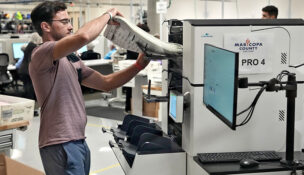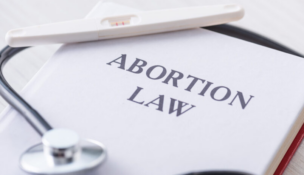Lawmaker’s effort to curtail NFL’s press rules fails in committee
Arizona Capitol Reports Staff//April 6, 2007//[read_meter]
Lawmaker’s effort to curtail NFL’s press rules fails in committee
Arizona Capitol Reports Staff//April 6, 2007//[read_meter]
A West Valley lawmaker was sacked by a Senate committee, as his effort to curtail the National Football League’s control over media in the Cardinals’ stadium was met with resounding...
No tags for this post.

















